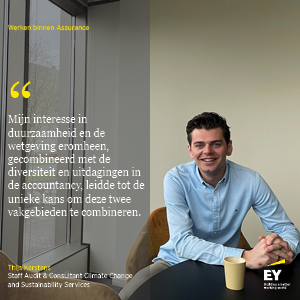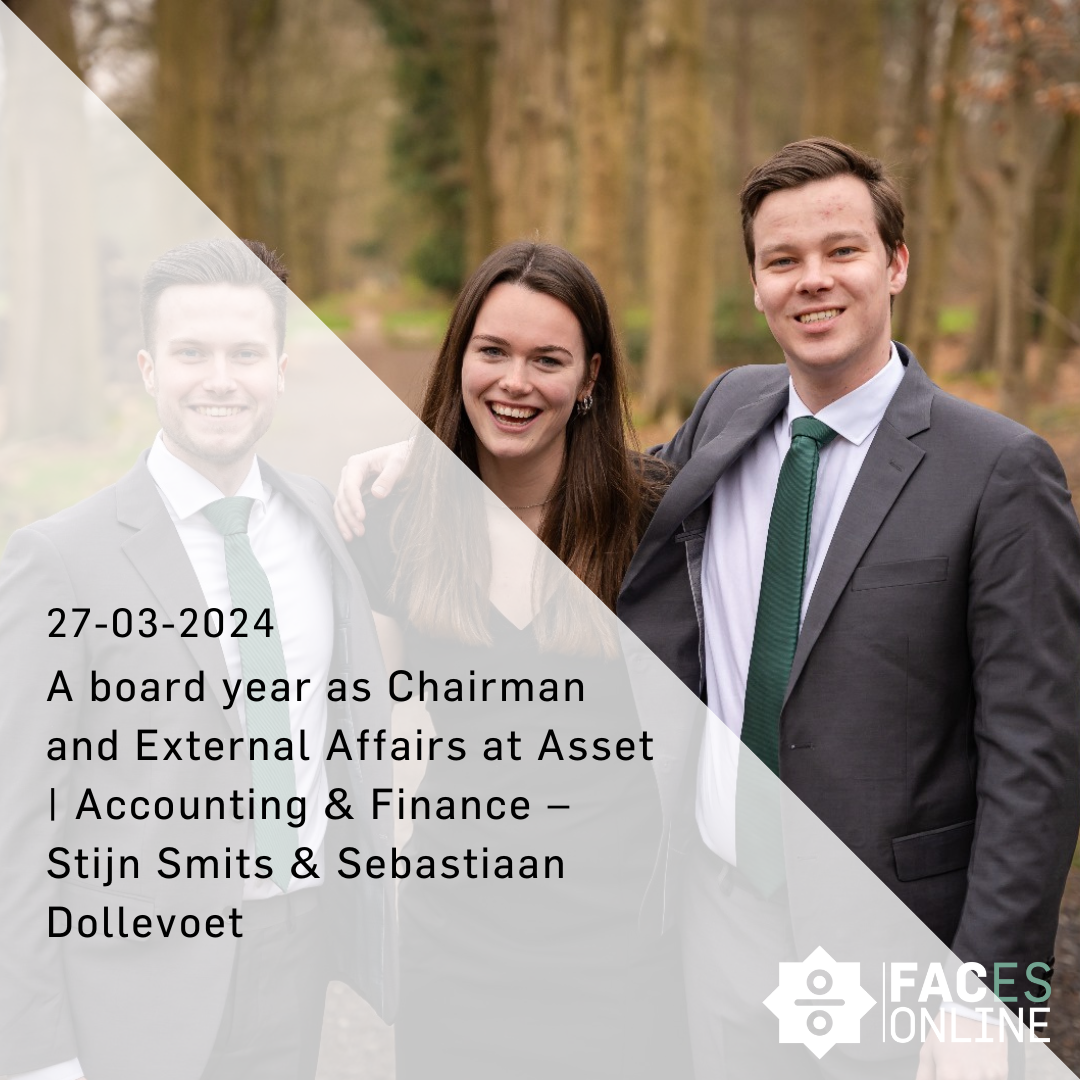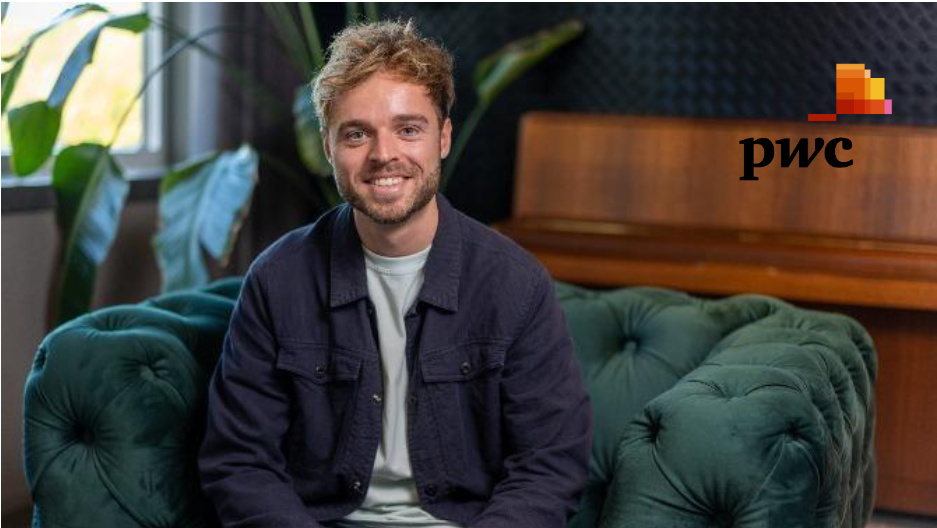Fion Veseli works as a Junior Data Analyst at Vermetten and has made an impressive mark on the Advisory team in a short time. Read below how he likes


The second part of the interview with the chairman of the IASB, Hans Hoogervorst. Hans illustrates the implementation of new rules.
What is the biggest obstacle you have faced while implementing a new rule?
The main resistance we face from the business community is that we want to modify and stabilize their numbers and that we do not want to deal with a lot of economic volatility, which is an every day fact unfortunately. There is a lot of pressure to use historical costs and minimize the use of market prices. They also want more opportunities to spread their losses. We are just done with a political struggle releasing a new lease standard, which requires that obligations that were, to date, not visible at the balance sheet are presented correctly. There also have been other matters, for example; the pension liability and the costs of share programs for employees. They all have been political struggles because the businesses have difficulties in adapting to our requirements.
Can you tell us something about the process of setting new rules/standards?
It is a complex process. We start with writing a research report in which we discuss important matters. Then, this discussion paper is published and we ask the stakeholders to provide their reactions. The industry has three to six months to react and to give their opinion. When these opinions are processed, the board studies their reactions, after which decisions are made. This can take years, for example, we have been processing an insurance standard for ten years. We are close to the finish but it is a political minefield and technically it is very complicated accounting. Stakeholders are trying to influence the process till the very last phase. Even when the standard is ready, the process is not yet completed. We, as IASB, have no ability to impose a standard as required. All countries act in different ways regarding accounting standards. In Europe, adoption of a standard is a political process, and the IASB has no control over it. But, we should not complain. Fifteen years ago IFRS was established, now 116 countries have accepted and are executing IFRS standards. This is an enormous achievement and beneficial for the world economy.
How do you feel about the research the AFM did concerning the accounting firms?
When I was the Chairman of AFM, this investigation had just started. I handed out the first fines. This was a huge shock for accountancy firms. After major improvements, I heard that the AFM has again imposed new fines. This is a difficult process. This is because the accounting firms also have a commercial relationship with their clients and that causes obstacles for critical scrutiny. Although, the outside world does not really see what accountants prevent. The AFM could not intervene earlier because they did not have the ability and the rights to do this. The powers of AFM were extended only after the great scandal around Enron in America.
What do you think about the developments of the accountancy over the last decade?
The most important development of the last decade is that political groups now cast a critical view on the practice of accountancy. People expect more from accountants to protect the investors. Improvements should be made in regards to this. As an accountant, you should do your work with a critical view and also think about the consequences. My message to the new generation is that think about: “for who am I doing it?” You do your work to make sure that the investors, who provide their money to a company, get to know exactly what is going on in the company. In ten years, the profession will still exist, and hopefully the capital markets and listed companies will continue to grow. However, lot of work still has to be done to improve the quality of the services.
Which achievements are your most impressive accomplishments at the IASB?
So far, it is the publication of the lease standard. There were a lot of people who thought that we cannot do it, but we did. I think this standard has brought about huge improvements in the accounting of leases.
What advice would you give to the students of Tilburg University?
Have a critical view and be conscious about who you are accountable to for the work you are doing. I think it is very important to have a broad economic view as an accountant. It is an economic profession and you need to develop commercial thinking to perform the job properly. Do not just concentrate on the details, but also think about the bigger economic picture. This is not a given fact in the accountancy world, it is very focused on details and a very precise profession. It attracts people who think precisely, but keep in mind that it also requires judgement.






















